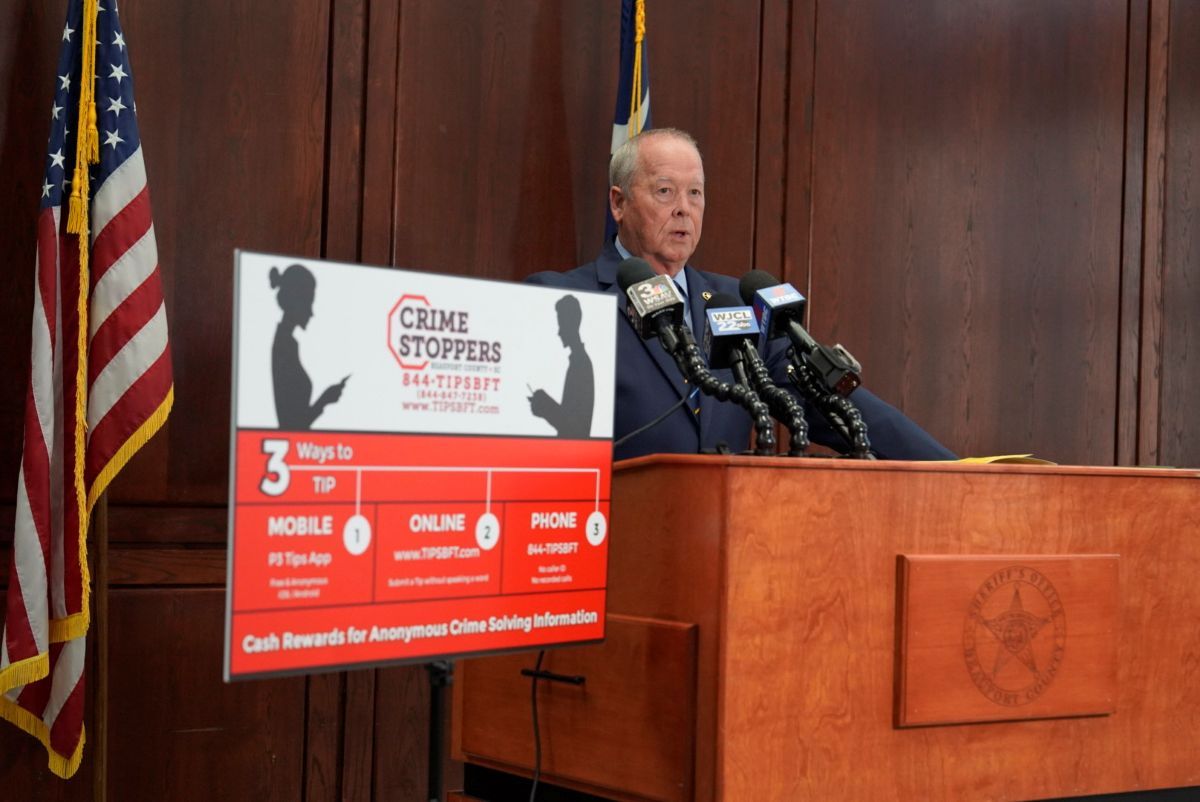
By Roxanne Cheney
Most of us know someone who has struggled to sort out the financial, legal, and personal records of someone who became sick or died. Without financial and legal facts, heirs can spend a significant amount of time and money tracking down financial accounts, legal papers, and relevant individuals. Nonetheless, many people have not made plans. Of course, no one likes to think about what will happen if they become incapacitated or die, but illness and infirmity are unpredictable and may strike anyone, anytime. By pulling together and documenting important financial and personal information, we can provide loved ones the essential information they will need to handle the practical and administrative issues surrounding loss, be it from disaster, incapacity, or death. It is one of the most thoughtful and appreciated gifts anyone, regardless of age or complexity of estate, can give their family.
Making things easier for your family is not difficult, but it may be time-consuming. Break the task into manageable sections and take it one step at a time. Start by thinking about broad categories of important personal, financial, and legal information. Most of us carry this information around in our heads and never discuss it with our family members in a comprehensive way. One of the best and most appreciated gifts we can leave our family is our essential information and where to find important documents so that they don’t have to sort through and figure it out on their own.
Organize and present this information in a clear, easily accessible structure. Bookstores, estate planning attorneys, professional organizers, and funeral homes offer many products to help guide you through the process. The format isn’t important; the content is. I recommend you gather and record the following information (for your own use, as well as that of your heirs):
• Advisors: List the contact information for your insurance agent(s), tax preparer, attorney, executor and any other key financial people in your life.
• Debts: List credit card numbers and issuers’ contact information; detailed information on outstanding home, auto or personal loans (loan numbers, terms, balances and contact information for lenders).
• Insurances (property, health, life, LTCI): Include policy numbers, amounts, and beneficiaries; location of the policies; and contact information. Include pre-paid funeral plans, if any.
• Legal papers: Record the location of your will and trust; power of attorney; tax returns; Social Security cards; birth, marriage certificates, divorce papers, military papers, passports, deeds and mortgages, leases and car titles, business or donor agreements and rights held.
• Savings and investments: List every financial institution where you have money, including account numbers and contact information. State the location of passbooks, stock, bond, mutual fund, and retirement documents. Also include information about any pensions and retirement accounts.
• Safe deposit box: Record location of the box and all keys; whose name it is in; and all who are authorized access. Write an inventory of its contents.
• Computer stored information: Identify relevant computer and stored electronic files and transactions which you haven’t listed in previous sections. Write down the required passwords to access this information, being careful to safeguard the passwords. Keep this list in a secure place and let a close family member or trusted advisor know what the code is to access your passwords.
• Other: List self-storage facilities you are renting, where the keys are kept or the combinations of locks. Information on cemetery plots.
• Personal: Funeral arrangements or preferences; detailed information on those whom you wish to be notified; family history, including the location of photographs, heirlooms, and other irreplaceable items.
Keep electronic and paper copies of this information in a safe but easily accessible place inside your home (a fireproof metal box, file cabinet, or home safe?) and provide copies to those with a “need to know’,” i.e., a trusted relative, friend, attorney, and executor. (Your careful work won’t help them unless they know where to find important papers when the time comes!) Naturally, you will need to periodically review and update this record.
Organizing your estate is a “gift of love” that extends far beyond the time you can personally care for your family. It will bring you and your family peace of mind. Get started today!





